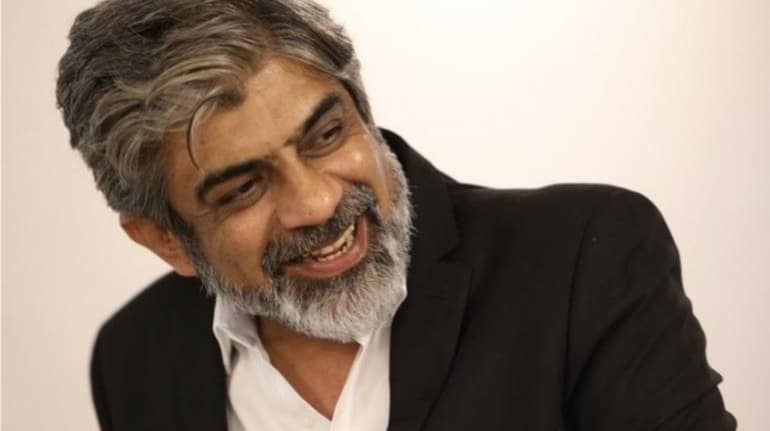



Anupamaa actor Rituraj Singh’s death due to a cardiac arrest has once again put the spotlight on the increasing incidences of heart attacks and cardiac arrests in India. Singh, 59, a popular TV and film actor, was reportedly battling pancreatic issues for some time and was hospitalised recently. He is best known for his roles in TV shows like Tol Mol Ke Bol, Jyoti, Kutumb and Laado 2. Singh also worked in movies like Badrinath Ki Dulhania and Yaariyan 2. His recent acting credits include Anupamaa and Made in Heaven.
Cardiac arrest vs heart attack
The difference between a cardiac arrest and a heart attack are very pronounced. A cardiac arrest, often life-threatening, is a condition when the heart suddenly stops functioning. It is a cardiac arrest when there is a sudden loss of heart function, leading to an immediate loss of consciousness and normal breathing stop. A heart attack, on the other hand, occurs when blood flow to the heart is blocked, leading to damage to the heart muscles.
Causes of cardiac arrest
Health experts say incidences of sudden cardiac arrest among young adults in India is rising due to their sedentary lifestyles, diabetes, increasing consumption of alcohol, smoking, and hypertension. Recognising the early signs of cardiac arrest can result in timely intervention and potentially save lives.
Here's how to prevent cardiac arrest in your 30s, 40s, 50s: Heart health in all ages and stages of life
 A cardiac arrest, often life-threatening, is a condition when the heart suddenly stops functioning
A cardiac arrest, often life-threatening, is a condition when the heart suddenly stops functioning
Sudden cardiac arrest (SCA) is a condition in which there are disturbances to the electric signals in the heart. The fast-paced irregular heartbeats lead to arrhythmia, after which the heart comes to a standstill, cutting off blood flow in the entire body.
Cardiac arrest or a heart attack? Know the difference
The entire process usually happens within about 4-6 minutes, during which it is important to give CPR (cardiopulmonary resuscitation) to help the patient in increasing his or her chances of survival but also ceasing the body from any severe damage that might occur.
Symptoms of cardiac arrest
Here are some early warning signs your heart may be sending out before a cardiac failure.
Chronic fatigue: Persistent fatigue is one of the biggest early signs of cardiac arrest. Take note if you feel tired or fatigued and if it is disproportionate to physical exertion or your daily activities. Sometimes, you may feel extreme tiredness even after taking adequate rest. If this conditioin continues for several days or weeks, get yourself checked immediately and take remedial action.
Shortness of breath: Doctors say another early indicator of an impending cardiac arrest is unexplained breathlessness or shortness of breath. This, even when you are taking rest or not exerting yourself, is a danger sign. If you feel suffocated, or have difficulty catching your breath, don’t ignore the condition.
Discomfort in the chest: Pressure, tightness, or pain in the chest can be sign of an impending cardiac event, warn doctors. It is best to get an ECG done if you have constant chest pain to diagnose the issue.
Dizziness and light-headedness: Feeling dizzy or lightheaded, especially when combined with other symptoms, could indicate an underlying cardiac issue. Additionally, unexplained sweating paired with frequent fainting incidents is also a sign.
Rapid or irregular heartbeat: Frequent fluttering or palpitations, skipped beats, or a racing heart can be major warning signs of an abnormal heart rhythm, which may lead to cardiac arrest.
Discover the latest Business News, Sensex, and Nifty updates. Obtain Personal Finance insights, tax queries, and expert opinions on Moneycontrol or download the Moneycontrol App to stay updated!
Find the best of Al News in one place, specially curated for you every weekend.
Stay on top of the latest tech trends and biggest startup news.